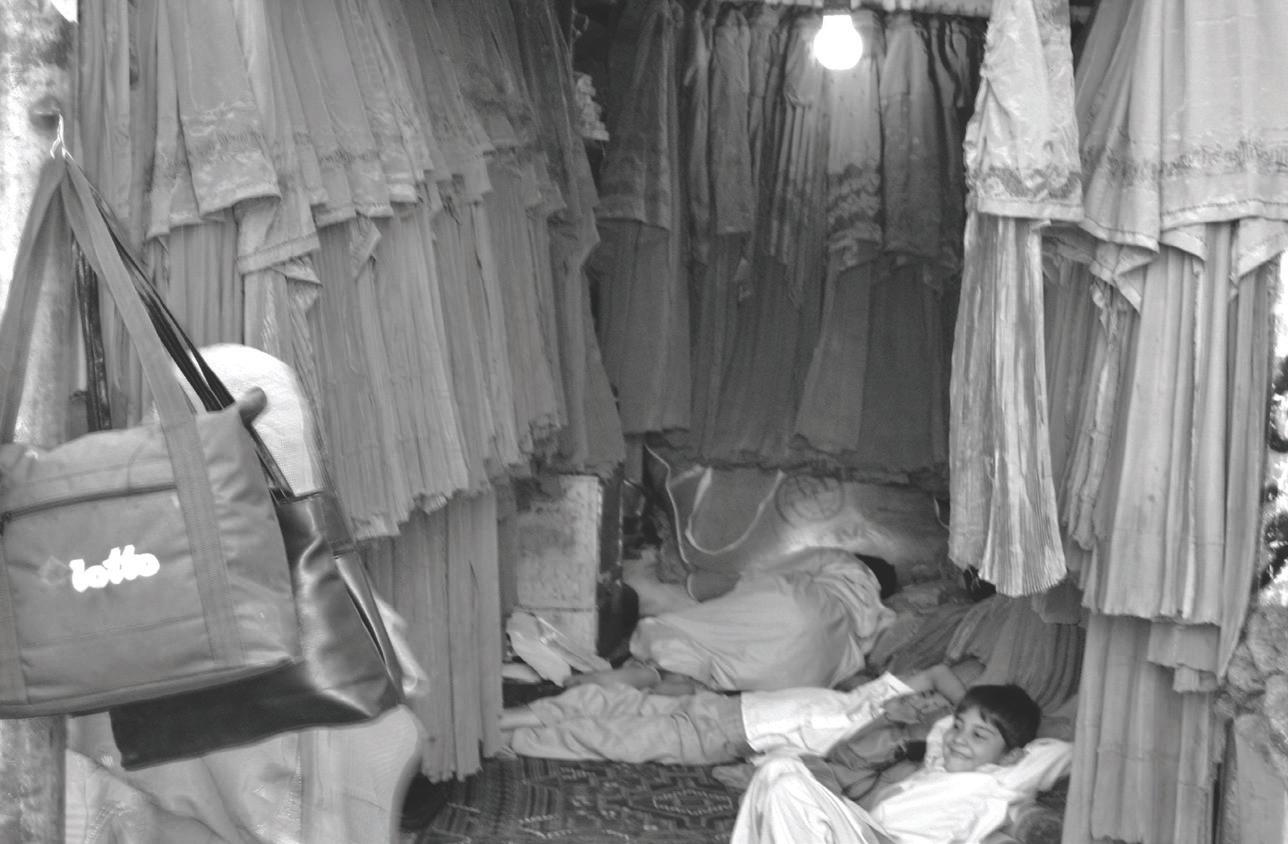
2 minute read
Reality TV warps romantic expectations
Opinion: Reality TV warps romantic expectations
KAyLENE LIN
Advertisement
1.2 million pairs of eyes remained glued to their TVs during the season 14 premiere of “Married at First Sight.” People eagerly watched as two people met each other for the first time and got married within the same 10 minutes.
Besides the already odd idea of people getting married without knowing each other, the increasing number of people tuning in to watch reality dating shows is jarring. Along with “Married at First Sight,” series like “The Bachelor,” “Too Hot to Handle,” and “Love Island” have grown increasingly popular within the past two years, with the first season of “Too Hot to Handle” earning over 50 million views on Netflix. Additionally, as new shows like “F-Boy Island” and “Sexy Beasts” join streaming platforms, longstanding series like “The Bachelorette” continue to bring in over one million views per week, according to ABC.
Although reality dating shows are well-loved for their drama and contestants, many of these shows perpetuate toxic ideas of love by deflating relationships into month-long getaways with occasional cash prizes. These series revolve around two people finding love, but many of them promote bullying and dysfunctional relationships.
For example, many viewers have called out “The Bachelor” for allowing several contestants to mock sex workers or those with ADHD in the name of “finding love.” During the 25th season of “The Bachelor,” viewers were shocked by the blatant name-calling and disrespect exhibited by many contestants for the sake of drama.
In an article for the Decider, Kaetlyn Liddy questions whether “The Bachelor” crossed the line between “indulgent entertainment and bullying” when one contestant decided to leave the show because of toxic behavior. Rachel Lindsay, who was the bachelorette in 2017, commented that it has become increasingly normalized for reality dating shows to broadcast blatant bullying.
“You have to wonder, what kind of audience are you trying to attract? And what kind of contestants are you attracting? Because right now that type of behavior is being rewarded, and that’s a problem,” Lindsay said.
Reality dating also shows often only portrays one type of love. The vast majority of participants are white, straight, able-bodied, and thin. There have been seven Asian contestants since “Love Island” aired in 2015; out of all 20 years and 44 seasons of “The Bachelor” franchise, there have only been four Black leads. Additionally, none of the most viewed dating shows predominantly feature love stories between people of the same gender.
In 2019, Netflix did air a show called “Love on the Spectrum,” which aimed to depict seven adults who have autism and their journeys with romantic relationships. However, this attempt at diversity is undermined by the continuing lack of representation in America’s most popular dating shows.
Reality television has slowly started equating “finding love” with winning cash prizes, spewing disrespectful comments, and bullying others. Although many of these types of shows have grown increasingly popular because of their binge-worthy drama, some also cross the line into being insensitive.
It is incredibly harmful to viewers to watch shows that reward behavior that makes marginalized groups the butt of jokes. Along with a continued disregard for diversity, reality dating shows fail to portray relationships and love in a healthy way — something that can severely damage the way people think they can treat others.










